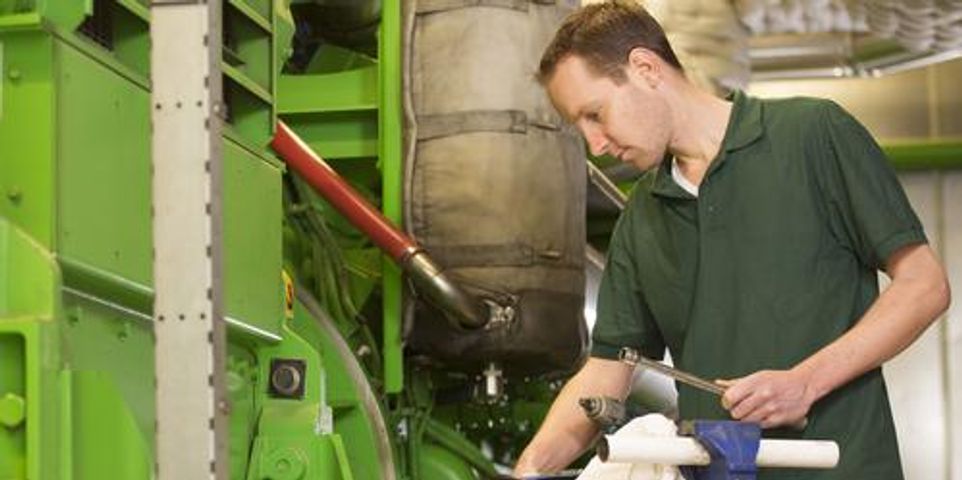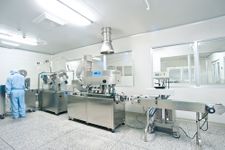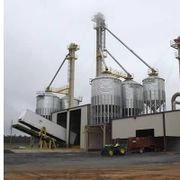What Is a Millwright & Why Should You Hire One?

Whether you own an industrial processing plant or earn your income from farming, the effectiveness of your machinery significantly impacts your profitability. When your machines break down or become old, you need to repair and replace them. Just as an auto mechanic fixes and maintains a car, a millwright fixes and maintains industrial machinery. If you’re unfamiliar with this occupation, review the basics below.
An Overview of Millwrights
What Is a Millwright?
The first millwrights were carpenters with expertise in mechanical parts, such as drive shafts, bearings, and gears. These mechanical components were used for early flour and paper mills. The millwright then evolved into an individual who services and builds industrial equipment for assembly conveyors, print shops, pumping stations, and other applications. They construct, maintain, and repair a wide range of industrial machines. Due to their work with heavy-duty machinery, a millwright must have the skills of a carpenter, electrician, and welder.
What Type of Training Does a Millwright Go Through?
 A millwright receives their training through an apprenticeship program. This system allows trainees to take classes and gain hands-on experience outside of the classroom. Millwrights-in-training typically receive a certain percentage of the master millwright’s pay. It takes approximately four years to complete this program.
A millwright receives their training through an apprenticeship program. This system allows trainees to take classes and gain hands-on experience outside of the classroom. Millwrights-in-training typically receive a certain percentage of the master millwright’s pay. It takes approximately four years to complete this program.
Why Would You Need to Hire One?
If you own heavy-duty machinery, you’ll need a millwright to install, maintain, and repair it. A millwright can work on equipment in a variety of industries, such as the refinery, manufacturing, food processing, pharmaceutical, and energy industries. To keep creating products in an efficient, safe manner, you’ll need to hire a millwright to care for your expensive machines. You could risk losing business and revenue if you ignore regular maintenance.
Do you need a millwright or industrial machines for your business? In Cairo, GA, Merritt Mechanical-Fabrication supplies commercial farmers with top-of-the-line grain bins, storage, and handling systems to keep businesses running productively. Their industrial solutions are built with sustainability in mind, so your processing plant will enjoy durability and longevity. Their team will work closely with you, regardless of whether you’re building a brand-new plant or trying to improve an old one. Give them a call at (229) 377-5586 or visit their website to learn more about how they can improve your farming business.
About the Business
Have a question? Ask the experts!
Send your question

